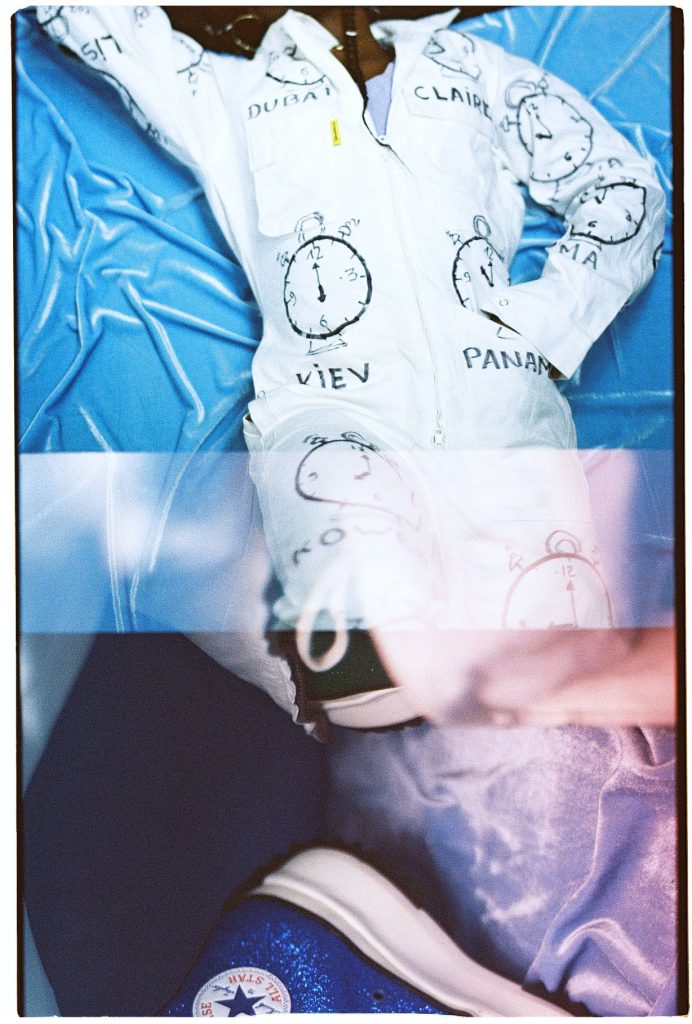EPISODE 1: ADULTHOOD ?
(What does that even mean ?)
"I’ve never been very adult-like in my choices of clothing. Always layering colors and shapes. I want people to recognize me for my age and not a 16- year old teen anymore." That’s what a very good friend of mine told me couple weeks ago.
When I asked her what adulthood represented to her in terms of clothing, she responds this way: black, subtle, sobre, beige.
This not-very-expected change leaded me to question the coming of age process and how people would eventually try to conform themselves to fit in.
--> 2 issues:
- the coming of age process is repressed by conformism and fashion is a testimony of that hypothesis. ex: during puberty, people try different type of style and usually adults call it adolescence "crisis", until they have a more "decent" outlook.
Therefore, adulthood/being an adult is defined by your looks and not your values or your wisdom.
- Adulthood/being an adult is not comprehend the same depending on the gender
- personal notes -
A historical perception of what adulthood should look like/ a differentiation for men and women:
Costumes history - the power of a dress - Western point of view
Different meaning depending on the gender of the individual:
For a girl: the passage of teen —> woman, an adult is marriage embodied by the dress
For a man: the passage of teen > when we can work
Evolution since that time ?
- The industrial revolution: the overalls = clothing castration for men ??
- WII > need for women to work in warehouse —> trousers for them
What about the non western point of you ?
Does adulthood mean a required passage to rebellion ?
60’s : rock/courreges the mini-jupe
The Punk movement
70’s - 90’s: ain’t afraid to be colorful (America/Japan)
90’s: Calvin Klein etc arrival of minimalism vs. japanese clothing emancipation
2000’s: no more rebellion ?
2010’s: when rap decides to be the new rock in all its aspect
Questions/Problematics:
—> start a convo around our definition of being an adult through our clothes.
To which extend does clothing represent the coming of age process of our society ?
How do the next generation of workers redefine adulthood ?
When does it start ? At what age are we supposed to dress in a certain ? What does tell us about our society ? —> fashion history: gender issues and the political issues which are lying within this subject.
Aims/Objectives:
Don’t assess a book by his over might be true.
revival of values of marginal subculture movements that comes out from the next generation of workers who want to be accepted for themselves, however they dress. They dont seem to be influenced by the capitalist and corporate world yet.
Next steps:
- refining the question
- evaluating the best methods
- precising the subcultures' values that are transposed through fashion

